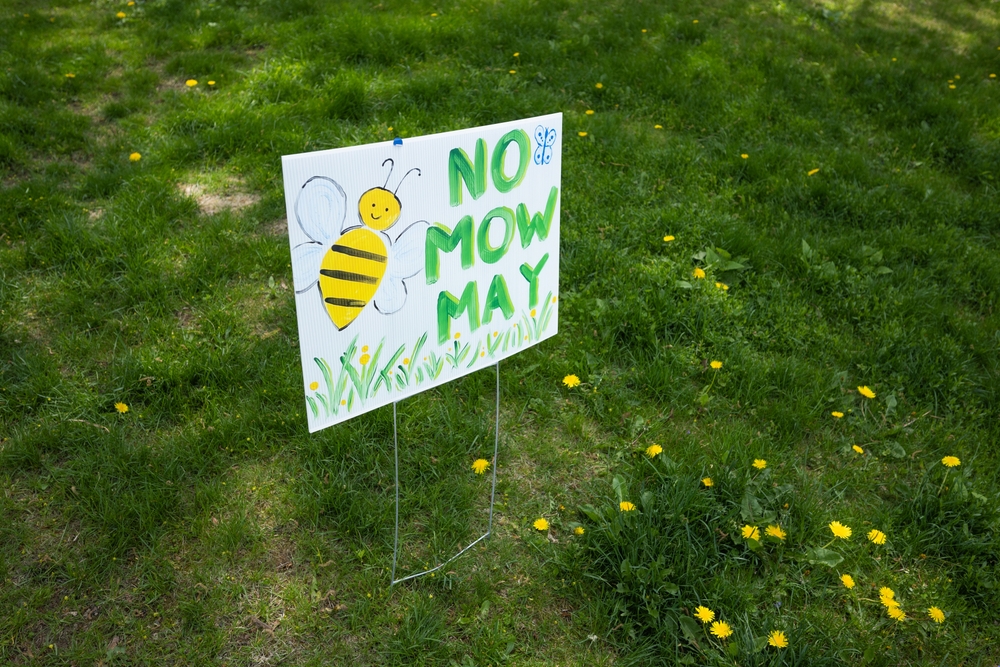When large numbers of people give a little, they accomplish a lot.
Charles Best | Sept/Oct 2009 issue

The global economic recession is an opportunity to fuel social change. While financial instinct says philanthropy will suffer in times of economic distress, there’s evidence that the challenges we face are no match for collective action. I don’t think the road ahead is smooth. But we can’t underestimate the power of “ordinary” individuals in this age of connectedness.
Picture a nest of honeybees, where each insect makes a small but vital contribution. The result is greater than the sum of its parts. A large colony will produce far more honey than two colonies half the size of the larger one. As the colony grows, its efficiency increases.
People can achieve similar triumphs. One of the most promising models is “crowdsourcing,” through which an organization generates content, or gets work performed, by tapping the knowledge and creativity of members of the public. As with a nest of honeybees, each participant contributes a small piece of a greater whole. Zagat’s database of amateur restaurant reviews and YouTube’s user-submitted videos are examples. The more contributors, the better the results.
Crowdsourcing is clearly a powerful tool for business. Can we harness it for social change? Yes. While we’re only beginning to explore crowdsourcing as a philanthropic tool, the possibilities are vast. Donorschoose.org, a website I started, illustrates one approach. At our website, public school teachers submit classroom projects that require funding. Concerned individuals like you and I choose projects to support. The approach is efficient and empowers every individual to make a difference. Teachers supply the content—project requests—and citizen-philanthropists scrutinize the options and allocate funding to the projects they deem worthiest. An old adage describes it best: Two minds are better than one. Except in this case, thousands of minds are better.
The approach transfers the evaluation work performed by foundations and non-profits to the public, which has a limitless capacity to identify and fund deserving projects. “Deserving” has so many definitions; one person may target science projects for low-income students, while another prefers reading comprehension projects for children with autism. The result is a highly diverse marketplace for social change.
Since the recession began, donorschoose.org has seen a decrease in the average size of donations—matched by a substantial rise in the number of donors. We believe the recession has driven an innate desire among citizens to help others in need and find community, even as these philanthropists may be financially and emotionally strained. As more teachers post projects to the site, more people join the community as contributors—increasing its effectiveness and impact. And now that education budgets are being slashed across the U.S., the surge is more needed than ever.
It may seem strange to compare honeybees and humans, but it shows what’s possible when members of a large group work together for the common good. The recession is squeezing givers of all types, from major philanthropic groups to corporate foundations. It’s time to draw on the goodwill and creativity of a wider group of people to innovate microsolutions for social, economic and humanitarian challenges. Our database proves that thousands are ready to lend their acumen to the fight—and hints at a crowdsource force millions strong. Let’s get a head start now.
Charles Best is founder and CEO of donorschoose.org.











